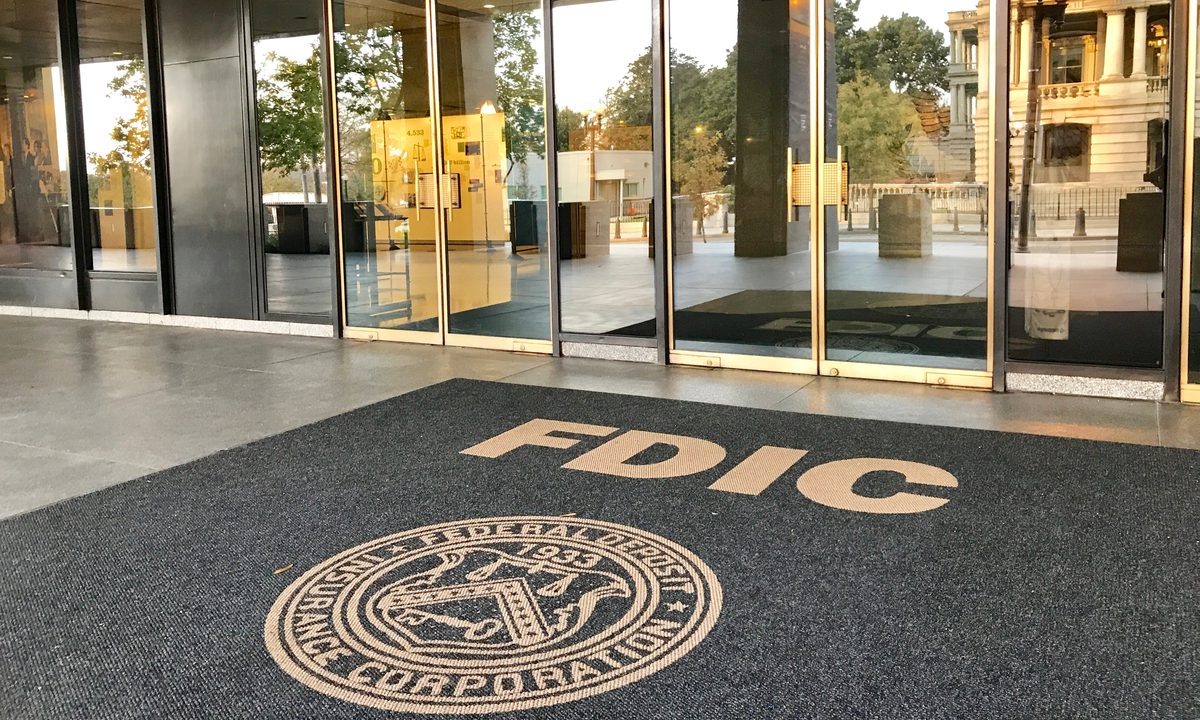Introduction
The world of cryptocurrency is in tumult, but it’s not the volatility of Bitcoin that has stakeholders on edge. Instead, a rising backlash against perceived federal meddling, specifically the Federal Deposit Insurance Corporation’s (FDIC) recent approach to crypto regulation, has ignited heated debates in the financial realm. As the FDIC’s regulatory practices are scrutinized, the ongoing rift between traditional banking institutions and the burgeoning crypto sector draws renewed attention.
The Allegations of Debanking
Prominent players like U.S. exchange Coinbase are voicing concerns over what they describe as an orchestrated campaign of debanking, which has limited the crypto sector’s access to essential banking services. Released documents from the FDIC suggest that rather than outright bans, their interventions have primarily focused on ensuring compliance and scrutinizing the risks associated with digital assets.
Understanding the FDIC’s Approach
The FDIC’s “pause” letters, disclosed earlier this month, highlight a strategic response to the challenges posed by digital currencies. While the documents have been interpreted as efforts to stifle crypto activities, they actually reflect a cautious stance towards managing exposure to emerging financial technologies. This operational framework acknowledges the rapid evolution within the crypto landscape and the necessity for adaptive supervisory practices.
The Role of Compliance in Crypto Transactions
Regulatory compliance remains a critical issue as the crypto industry grapples with integration into conventional banking setups. Issues like anti-money laundering (AML) and know-your-customer (KYC) protocols complicate the dynamics further. Compliance measures are vital to safeguarding financial systems, although they can also hinder the potential for innovation within the sector. For many crypto firms, limited access to banking options poses significant operational hurdles, forcing them into reliance on a narrow field of service providers.
The Path Forward: Cooperation Over Conflict
In light of these challenges, the relationship between traditional banks and crypto firms must evolve. With ongoing debates highlighting the perception of debanking, the reality is a complex interplay of regulatory nuances and risk management strategies. As the financial ecosystem continues to mature, fostering collaboration could pave the way for a more integrated future, benefiting both sectors.
Key Takeaways
- The FDIC’s regulatory letters reveal a focus on risk management rather than outright debanking of crypto firms.
- Compliance challenges, particularly related to AML and KYC, remain significant barriers for the crypto sector seeking traditional banking partnerships.
- Increased collaboration between traditional banks and crypto firms may be essential for navigating the future financial landscape.

